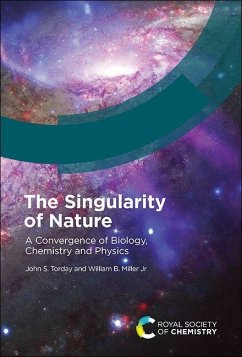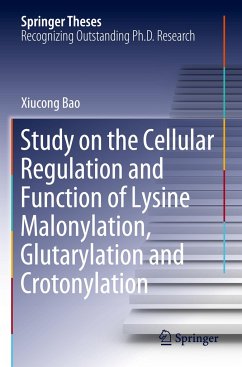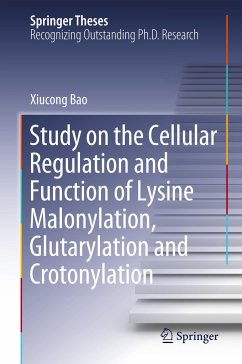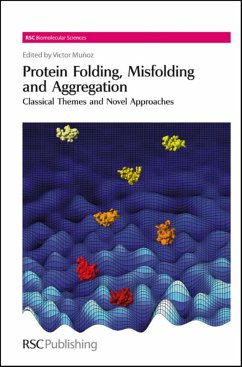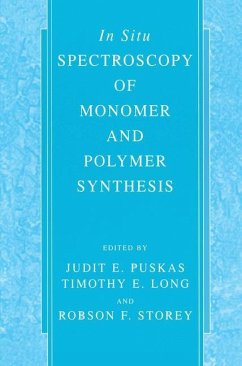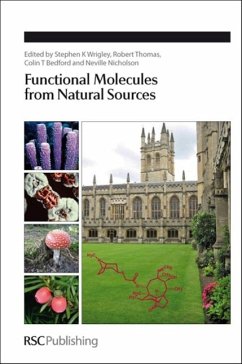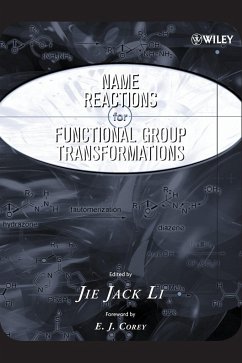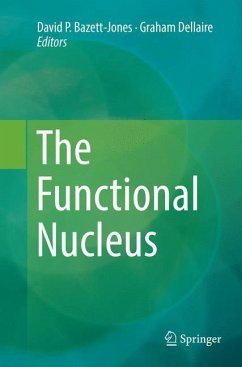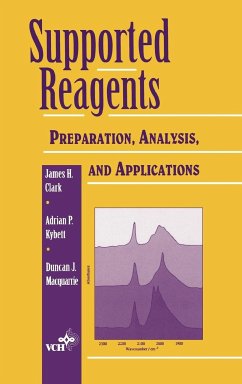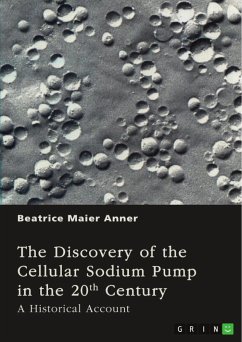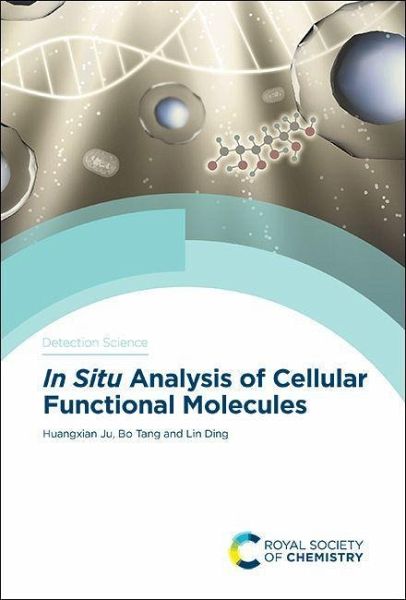
In Situ Analysis of Cellular Functional Molecules

PAYBACK Punkte
97 °P sammeln!
In recent years, in situ analysis of cellular functional molecules has attracted considerable interest as it can provide spatially or temporally resolved information of these essential molecules on/within living cells in a non-invasive way. In Situ Analysis of Cellular Functional Molecules introduces the tailor-made design of detection probes as well as schemes from a top-down perspective according to the unique characteristics of cellular functional molecules. The latest methodological developments, including enhancement of detection sensitivity and specificity, precision localization, implem...
In recent years, in situ analysis of cellular functional molecules has attracted considerable interest as it can provide spatially or temporally resolved information of these essential molecules on/within living cells in a non-invasive way. In Situ Analysis of Cellular Functional Molecules introduces the tailor-made design of detection probes as well as schemes from a top-down perspective according to the unique characteristics of cellular functional molecules. The latest methodological developments, including enhancement of detection sensitivity and specificity, precision localization, implementation of dynamic tracking, and acquirement of quantitative functional information for various important functional molecules is discussed in detail. Written by leaders in the field, this book will provide a comprehensive overview to scientists in academia and professionals in industry working on different aspects of cellular analysis and cell biology.




